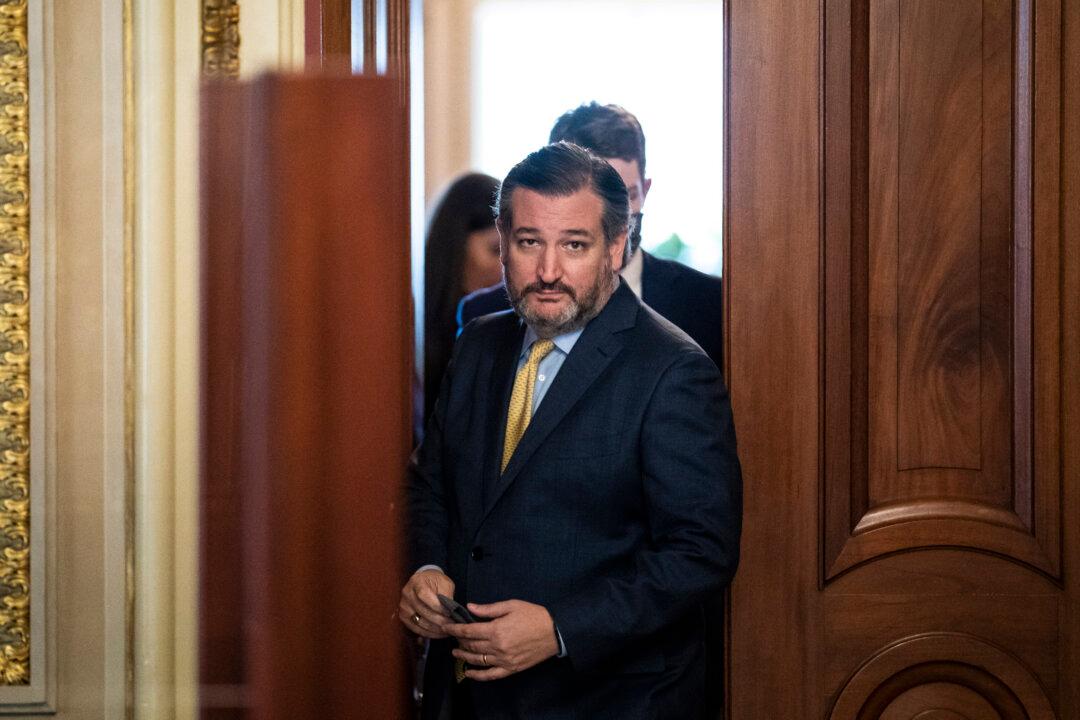The Supreme Court was skeptical of Biden administration arguments that striking down a campaign finance rule regulating the repayment of loans by a candidate to his own campaign would open the door to bribery in elections.
The case arose after Sen. Ted Cruz (R-Texas) lent his campaign committee money and the committee deliberately failed to categorize the unrepaid part of the loan as a campaign contribution in order to launch a First Amendment-based challenge to the rule.





